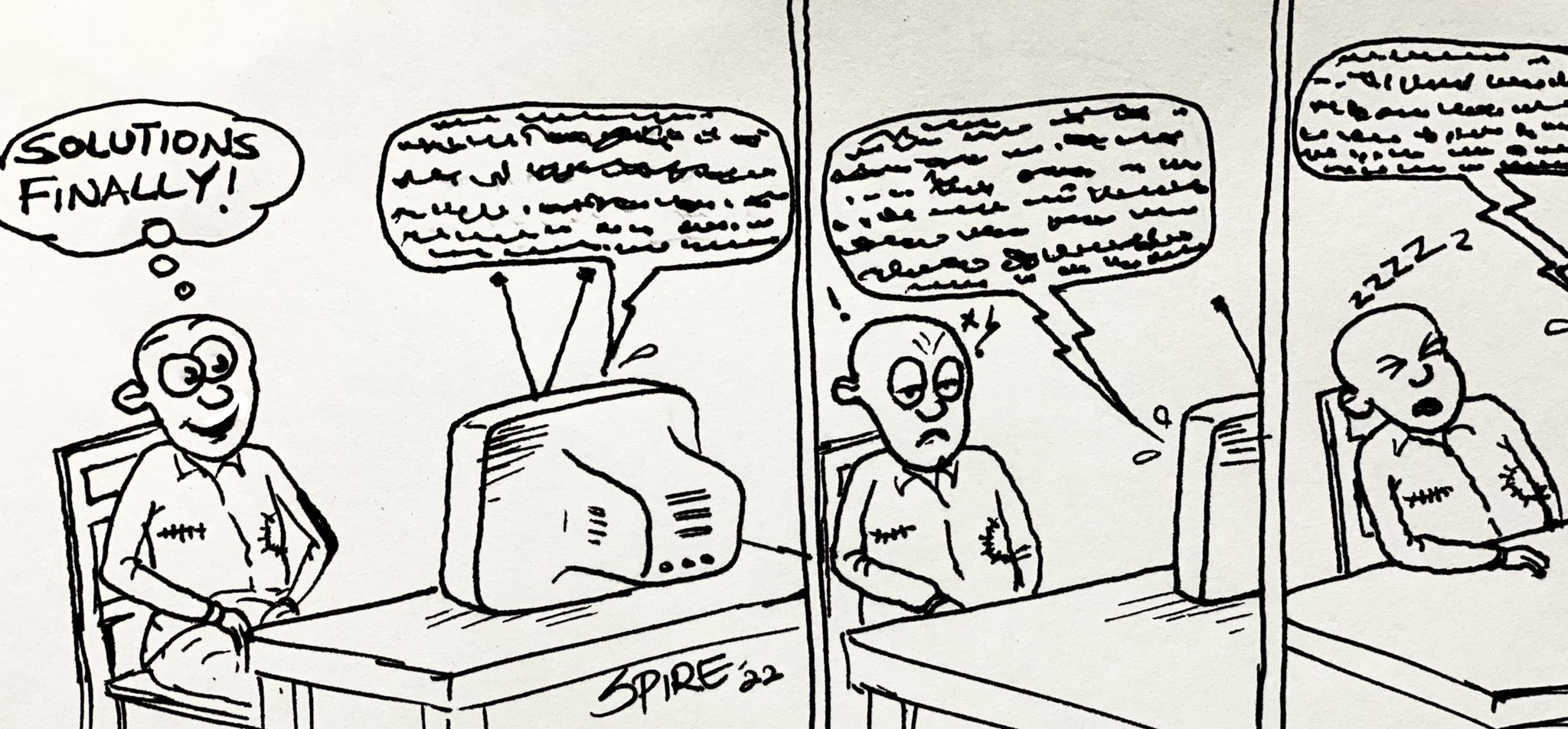
Solution to high fuel prices is in opting for electric cars - Museveni
President Yoweri Kaguta Museveni has once again reiterated that his government will not reduce taxes on fuel or provide subsidies for other essential commodities which are experiencing runaway price increases.
In a long televised address on Wednesday evening, Museveni said the lasting solution to the current high prices of petroleum products lies in Uganda embracing electric cars, motorcycles and the use of trains. By reducing taxes Museveni said, they would be providing a wrong solution to the problem which he attributed to among others the ongoing war between Russia and Ukraine and to the decision by much of the western world to start moving away from fossil fuels.
“When this was passed as declaration, the oil companies
which were looking for petroleum stopped because petroleum will be
phased out. Because of no more exploration, the little fuel that is
there is very expensive. The high prices come from the worry of banning
petroleum products because there is no more exploration,” Museveni said,
adding that even if the war ends, the prices are likely to remain high.
“The
correct way is to start moving away from petrol to electric cars and
using the railway for transport, especially of cargo. This is the
solution to go for. The good thing is that we have started manufacturing
electric buses here. They need Shs 20 billion to make more buses at
Kiira. The correct way instead of spending money to subsidise the
mistakes we should put it in getting out of the mistake,” says Museveni.
For
much of this year, the prices of fuel have been steadily increasing at
one point threatening to jump over the Shs 10,000 borderline in some
places across the country. Currently, in Kampala, petrol ranges at Shs
6500-7000 a litre. Even the price of diesel which is mostly used in
cargo transportation vehicles has been on an upward spiral sometimes
overtaking petrol in being expensive.
On the high prices of
cooking oil and other products, Museveni still blamed external factors
that he said interrupted the global flow from countries such as Malaysia
and Indonesia which are some of the biggest producers of palm oil.
As
a solution, Museveni said, his government is going to intensify its
promotion of palm oil growing in areas such as Kalangala, Buvuma and
Maruzi.
“There is a difference between high prices and shortage;
if you subsidize this danger, people will continue buying more and more
because you will have created an artificial comfort for them to think
things are normal yet they are not normal. Therefore, the mistake of
subsidies and tax cuts are two; you mislead people not to know that the
situation is bad and also kill their ability to economise. In the end,
you might transform the high prices into shortages. So, instead of the
money being put in subsidizing the present mistake, we would rather put
the money into a safer way; so we are building more capacity for our
palm oil,” said Museveni.
